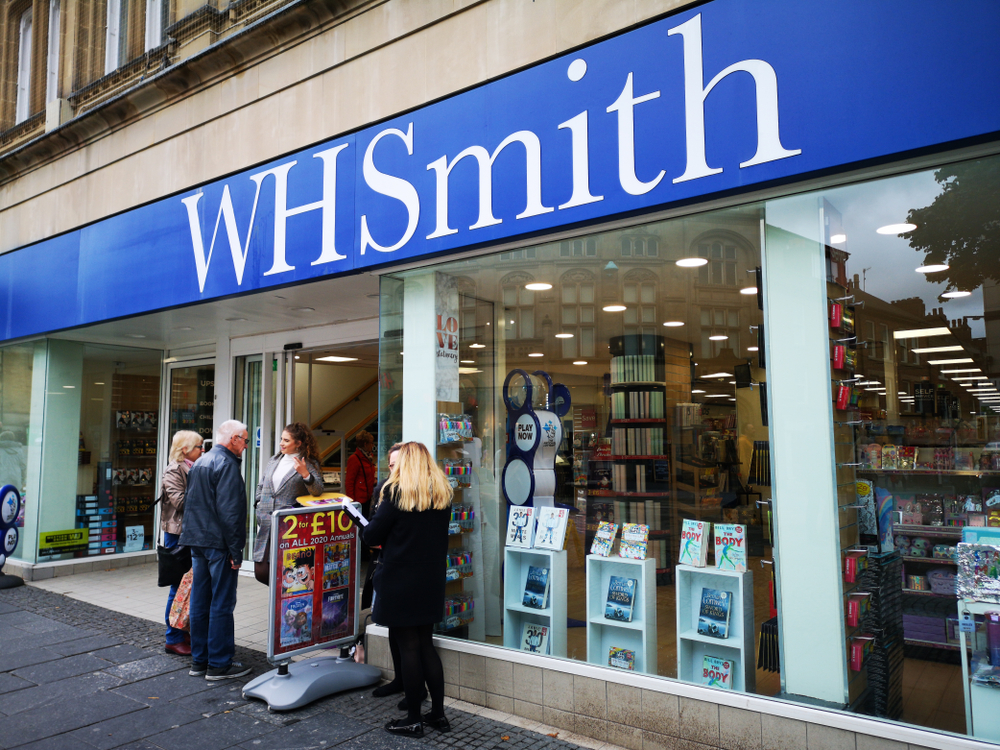UK retail sales saw a one per cent like-for-like decline through March in a “disappointing end to the first quarter for retailers”.
New figures from the BRC-KPMG Retail Sales Monitor found that sales fell 0.2 per cent on a total basis in the five weeks from February 26, compared to flat growth a year prior.
This is below both the three-month average of 0.1 per cent growth and 12-month average of 0.8 per cent, although these figures are thought to have been distorted by an unusually late Easter.
“March proved a disappointing end to the first quarter for retailers, with like-for-like sales in the month down 1 per cent on last year,” KPMG head of retail Paul Martin said.
“Easter being later in the year is likely to have contributed to the bleaker picture, alongside the other obstacles facing the sector – especially increased input costs.”
Food sales saw a 0.2 per cent like-for-like decrease in the three months to March, but increased 1.2 per cent on a total basis, likely being driven by inflation.
READ MORE: Retailers poised for footfall and online boost over Easter weekend
British Retail Consortium (BRC chief executive Helen Dickinson said: “Food sales continue to outperform non-food sales as shoppers focus their spending on essential items.
“This marginal growth in food was bolstered by slightly higher shop prices following increases in global food commodity costs and a weaker pound.”
These figures mark the first time in four months that the three-month average for food sales has dipped below 1.2 per cent.
Meanwhile, non-food retail like-for-like sales fell by 1.1 per cent over the quarter, but increased by 0.8 per cent on a total basis. This marked the slowest growth since May 2011, pulling the 12-month average down to the lowest point since April 2012.
Online sales of non-food items grew by 7.4 per cent over the quarter, compared to an in-store sales drop of three per cent on a total basis.
Dickinson added: “The pressure on prices continues to build, albeit slowly, and will inevitably put a tighter squeeze on disposable income and so to ensure consumers continue to enjoy great quality, choice and value on goods, securing tariff free-trade must be the priority as the Brexit negotiations begin in earnest.”
Click here to sign up to Retail Gazette’s free daily email newsletter

















